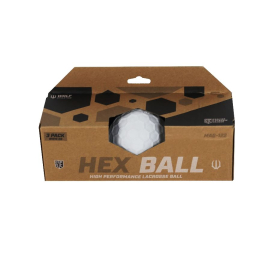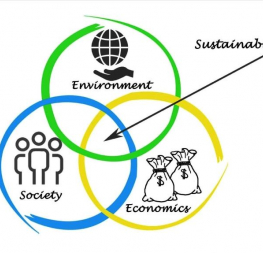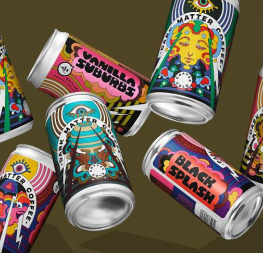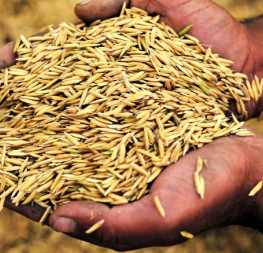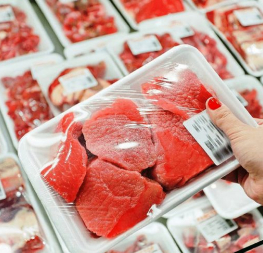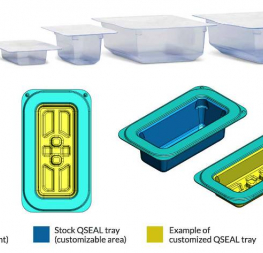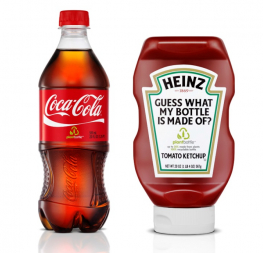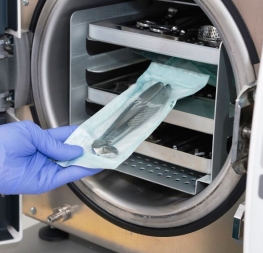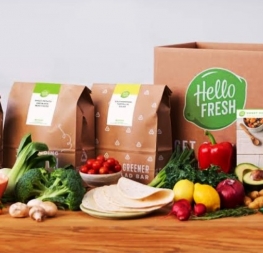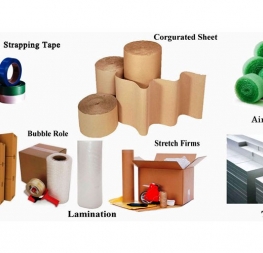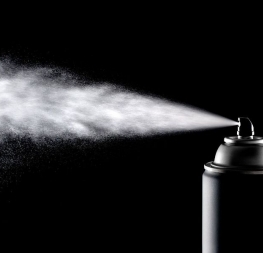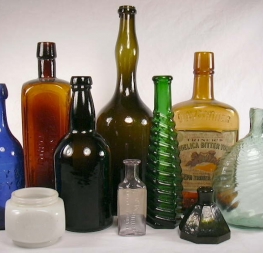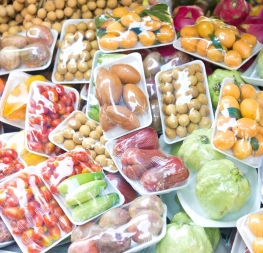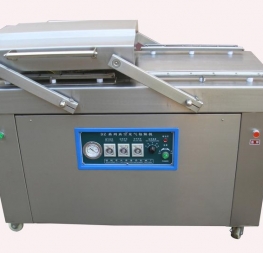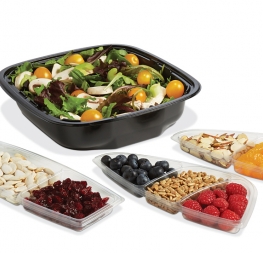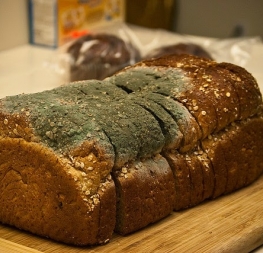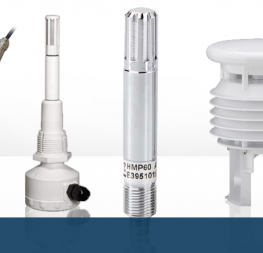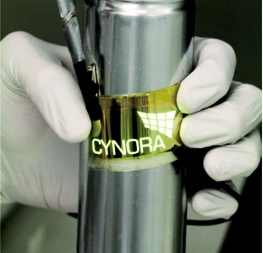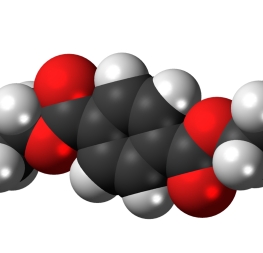Introduction
Mold is a fungus that grows on different products, especially food items. Molds usually grow in the presence of oxygen and feed on the organic materials on which they grow. There are several known species of molds; some are useful for humans, but the majority of them are harmful. These molds release several toxins that can cause illness. Of all the victims of mold, food is the major victim that needs the most attention. While packaging food, more attention is to be needed to prevent the growth of mold.
Prevention of Molds
Air is a major component for growth of mold is air, so food needs to be covered to avoid contamination. Fruits and vegetables should be covered with plastic wrap to avoid exposure. The industry has tested several packaging methods for preventing the growth of mold, but none have proven effective. The easiest way to eradicate the growth of mold is by maintaining humidity at a level where mold can’t grow. Generally, molds grow at 50-1040 F, moisture above 13% and pH of 4-8. To control the growth of mold, the temperature should be maintained under 500 F. There are a few other similar techniques that can help in eradication of molds, such as foods can be package food in air tight bags, where air is removed from plastic bag by vacuum packager.
Commercial Methods
There are several ways that the industry packages food to try and prevent mold growth and formation. These methods include the following:
Cinnamon Oil:
Different approaches were made to terminate the mold growth on bread, including ultraviolet light, sterile packaging, and chemical preservatives. An experiment was performed that tested packaging composed of paraffin wax paper with different concentrations of cinnamon essential oil, which has anti-microbial activity.
The paraffin wax paper with cinnamon concentration was tested against regular wax paper. For the experiment, bread was packed with both the cinnamon oil paper and the regular wax paper and set aside for three days. After three days of observation, the bread packed with the paraffin wax paper with cinnamon oil showed less amount of mold growth compared to the other bread.
As the research continued, the cinnamon oil based wax paper showed more inhibiting towards growth of mold on bread than the regular wax paper did. This experiment determined that cinnamon oil is an effective product to use in food packaging to help prevent mold formation in products.
Cellophane:
Cellophane is a product made of cellulose. It is formed into thin sheets that have low permeability to air, water, and bacteria, which makes it ideal in food packaging. Most food products come into contact with both air and water during preparation, which puts them at a high risk of developing mold. By packing food in cellophane, it lowers the chance of mold growth in the product.

Plant Based packaging:
Tetra packs are plant based packaging materials. These are most commonly used in milk packaging. The mainframe of tetra packs is composed of bio-based low-density polyethylene film, and the cap is made of bio-based high-density polyethylene. While they are effective, some companies have made further modifications. Coca-Cola has created a 100% polyethylene terephthalate (PET) plastic bottle, which prevents the growth of mold and is eco-friendly.

Pictured above is an example of food packaging using cellophane.
Conclusion
Mold is a major problem in the food packaging industry. There are many different materials and techniques used throughout the industry that help to reduce mold formation in food products. These techniques range from humidity control to using different plastics or oils.
References
http://shelflifeadvice.com/faq/what-kind-packaging-protects-foods-mold
https://www.sciencedaily.com/releases/2008/09/080901215335.htm
https://en.wikipedia.org/wiki/Cellophane
http://www.packcon.org/index.php/en/articles/102-2016/130-plant-based-packaging-materials


